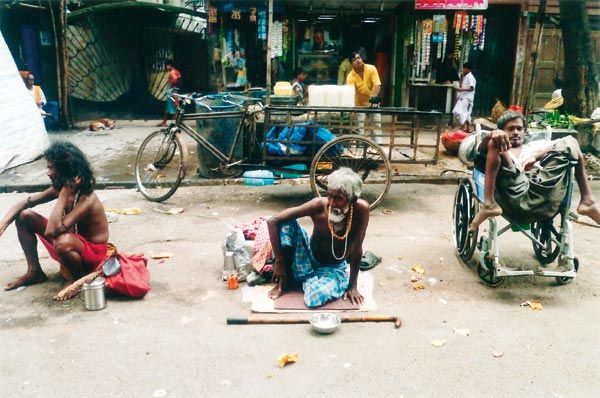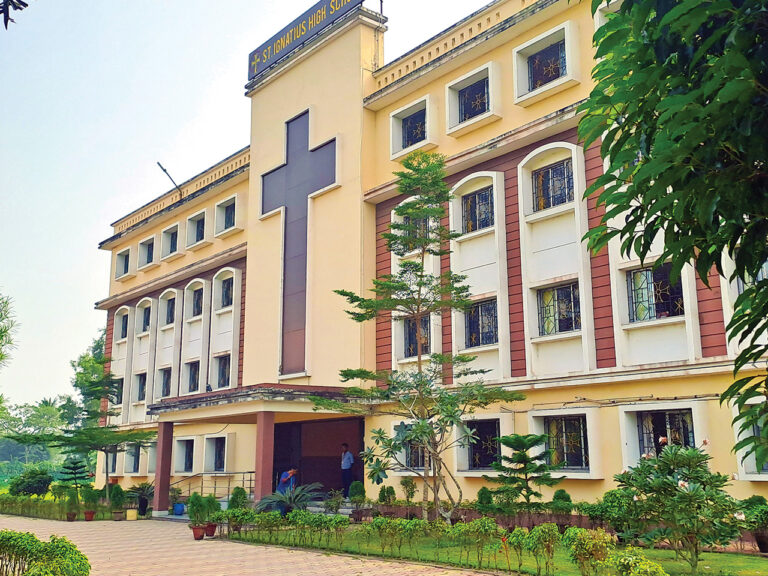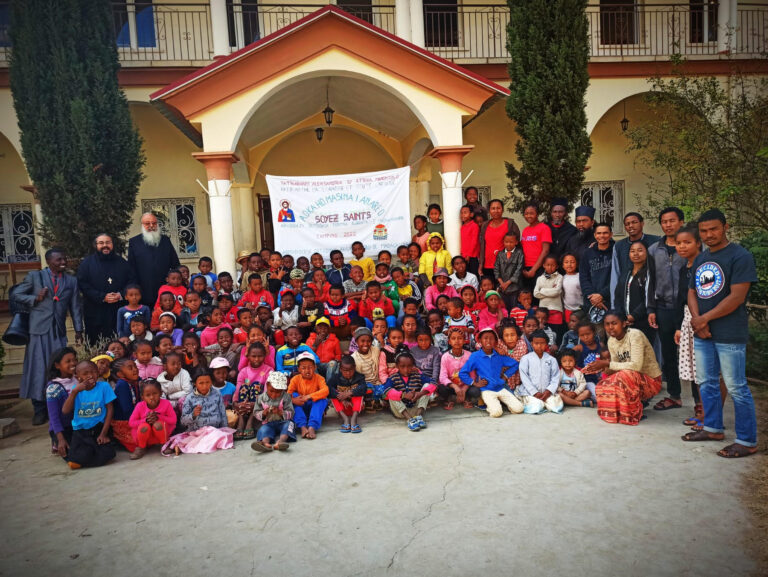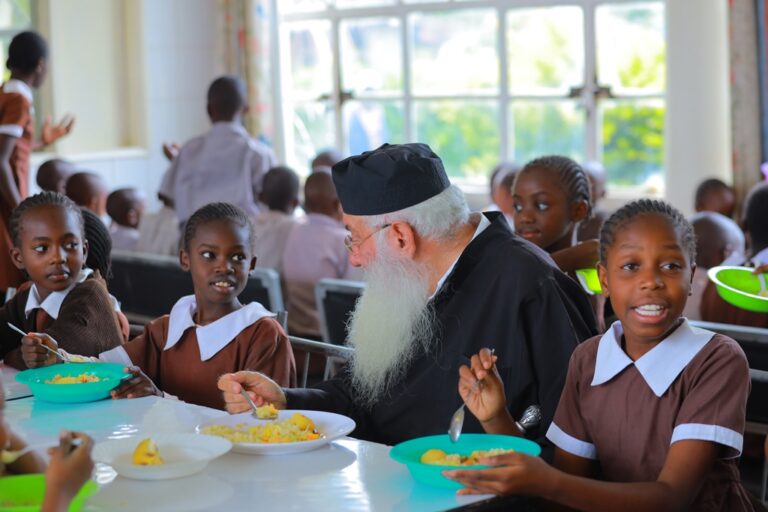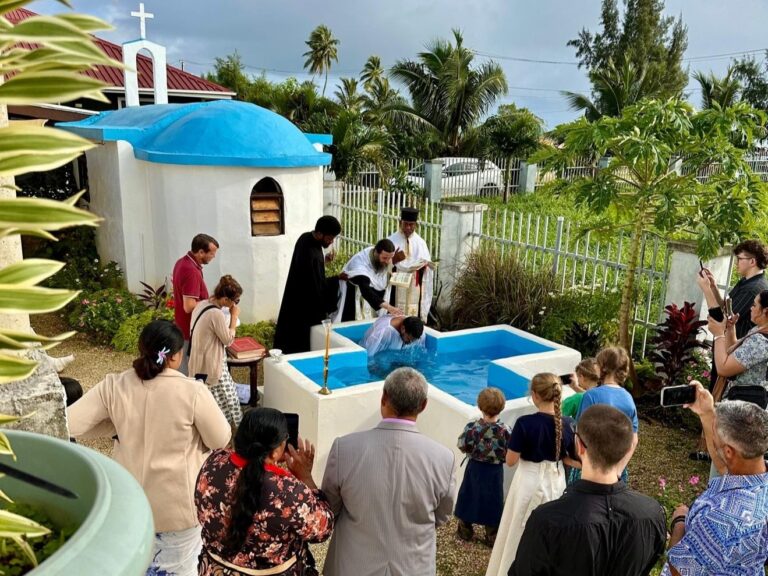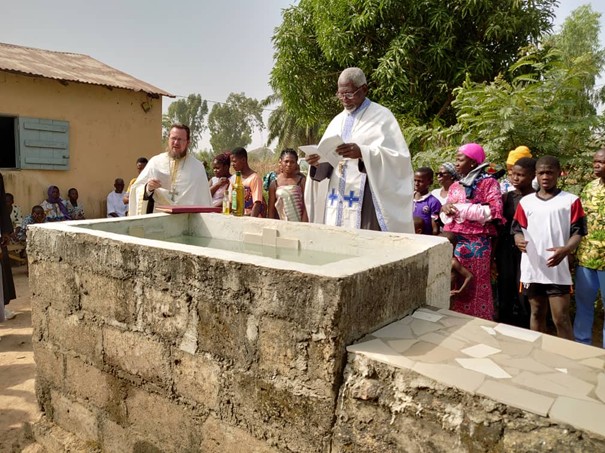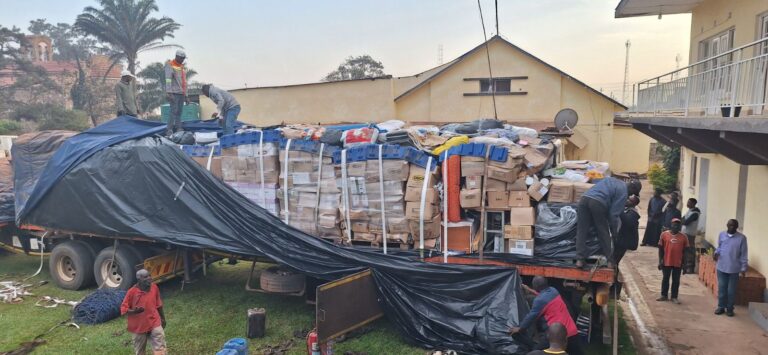A true Indian fairy tale
The destination of my trip this time was special because it included a vast country in Asia – India – the seventh largest country in the world with 3,287,590 square kilometres.It is the second most populated country in the world after China with 1.148 billion inhabitants. Throughout its history, various civilizations have been preserved for more than 4,500 years, forming a mosaic of ethnicities and cultures that has not lacked political and social conflicts. India is one of the most serious cases of overpopulation in the world. Infant mortality is very high. Infectious diseases remain the leading cause of death as they find easy victims in the malnourished population. Religion. Marriages between people belonging to different castes are impossible. One of the most serious social issues that assumes the dimensions of human rights violation is the abortion of female embryos following a finding of prenatal diagnostic methods. It is with this inability and negative attitude of Indian society to accept and the existence of girls in its fold that the story I am going to narrate below that resembles an ‘Indian fairy tale’ begins.
Once upon a time in the Bakeswar district of Kolkata, India two missionaries Fr. Ignatius and Sister Nectaria after superhuman and heroic efforts founded in the year 1999 a palace which they called “Orthodox Mission Orphanage”. Today “out of love” it houses and embraces 90 orphaned girls from the poorest of the poor families in the region. The embrace that raises and protects them is that of Sister Nectaria, who is at the same time mother and sister, educator and helper of this enormous work that, despite the adverse conditions, struggles with self-denial and out of love alone. That is why living in the cherished company of the girls and Sister Nectaria – in the face of a reality of a people who are very hard to survive and tested . This situation took in me the dimensions of a fairy tale where the life of ninety poor orphaned girls takes place, who manage with the power of love to go from the mud huts to the palace and transform themselves into princesses of the mother and sister Nectaria, who continue to play a leading role in her life after she dedicated them to her. This charitable work also includes free dental, pathological and ophthalmological treatment for the needy inhabitants of the region. During my stay, both children of the orphanage and needy people of Baskeswar district were examined for eye check-ups. With the help of pharmaceutical material from Alcon, whom I thank again for their contribution, several patients were relieved from eye diseases. During this time I achieved the coincidence of organizing an eye clinic which was donated by the brotherhood and the opening of the new orphanage for boys also donated by the brotherhood.
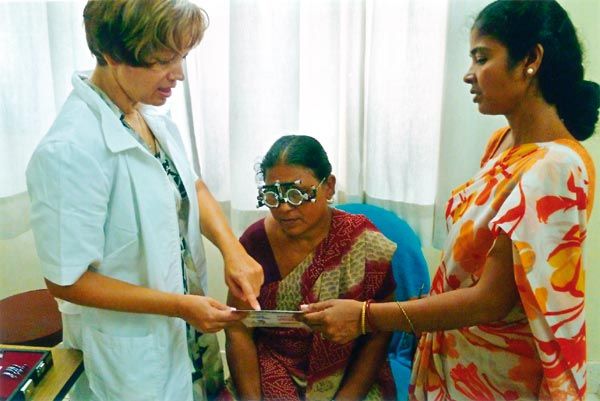 But outside the tower of the “true fairy tale” , life plays out with its harsh side. The streets of Kolkata city of 15,000,000 people are being overrun by the homeless and turned into homes for their families! Their life on the streets is their daily routine and they have nothing to fear anymore from the ultimate fall they have already suffered. The impressions of the contrasts this country gives you are very strong: Often in front of these “streets of human misery” passes the ruling class in limousines which insists on being indifferent and refuses to look out on the “streets of shame” by closing the curtains of the limousine windows. So the people of the “street of shame” have something to ask for as we are asking on a different scale though. They are simpler and humbler than we are because they are happy when we deign to give them our smile and live on the crumbs of others. They belong to the last registered class of society and are called “untouchables”. They are the marginalized caste and are not allowed to be approached by others. And yet observing them I felt that all of us in our passage through this life are some little beggars and some big beggars, our roles only change. Death when it comes to the big beggars will be more humiliating because it will deprive them all at once of the “big” while to the little beggars it will come simply because they will have nothing to deprive them of because absolute nothing was all their property! In the present day humanity is going through a deep and critical turning point. This wave is hitting both the big and small beggars and the big ones are now facing the small ones. No one knows what will come next. Who will be saved and who will be lost I don’t think matters that much. What will be contested in this critical situation is who will shake hands with the other.
But outside the tower of the “true fairy tale” , life plays out with its harsh side. The streets of Kolkata city of 15,000,000 people are being overrun by the homeless and turned into homes for their families! Their life on the streets is their daily routine and they have nothing to fear anymore from the ultimate fall they have already suffered. The impressions of the contrasts this country gives you are very strong: Often in front of these “streets of human misery” passes the ruling class in limousines which insists on being indifferent and refuses to look out on the “streets of shame” by closing the curtains of the limousine windows. So the people of the “street of shame” have something to ask for as we are asking on a different scale though. They are simpler and humbler than we are because they are happy when we deign to give them our smile and live on the crumbs of others. They belong to the last registered class of society and are called “untouchables”. They are the marginalized caste and are not allowed to be approached by others. And yet observing them I felt that all of us in our passage through this life are some little beggars and some big beggars, our roles only change. Death when it comes to the big beggars will be more humiliating because it will deprive them all at once of the “big” while to the little beggars it will come simply because they will have nothing to deprive them of because absolute nothing was all their property! In the present day humanity is going through a deep and critical turning point. This wave is hitting both the big and small beggars and the big ones are now facing the small ones. No one knows what will come next. Who will be saved and who will be lost I don’t think matters that much. What will be contested in this critical situation is who will shake hands with the other.
In Kolkata, the Orthodox Mission provided a daily soup kitchen for 25000 needy people. Today the daily table provided to the needy has been reduced dramatically. It is enough for just ninety last needy people. Sister Nectaria’s strong appeal is that this soup kitchen should not be stopped to provide this soup kitchen to the last untouchables of the society. Let us not forget that the role of Greece in the evolution of world history has been to embody spiritual ideals, human values and culture. On this subject, the writer Umberto Eco made the following reference:
“Greece for humanity has been and is the mother who gives birth and gives abundant goods to the children of the earth”
In a shaken humanity, then, where systems are being dismantled, values and institutions are being dismantled, stripped bare, it reaches its final showdown, which is:
To what extent we big beggars will reach out to the little beggars of the earth.
Katerina Alexandrou

